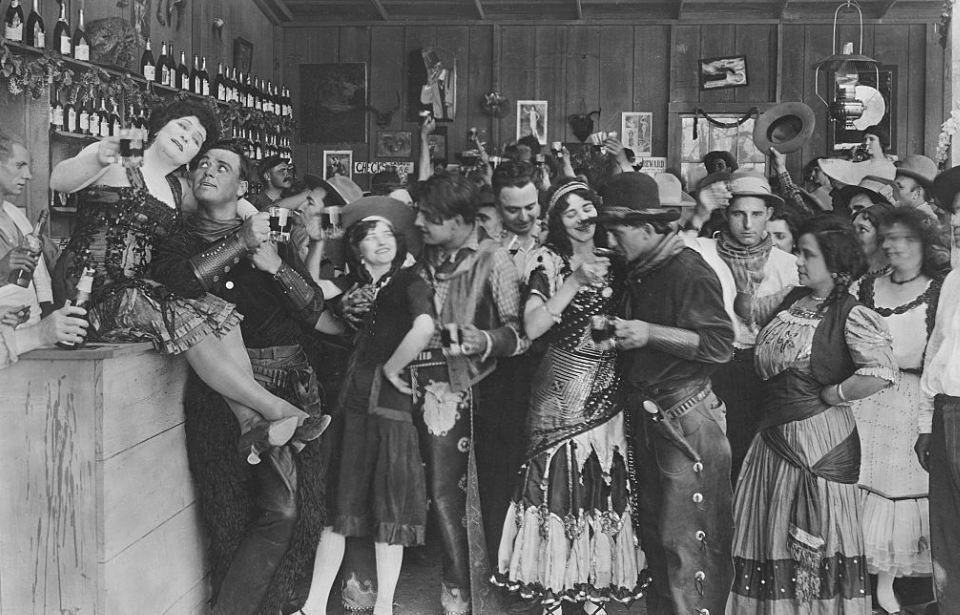The Wild West: exciting, adventurous, action-packed… and a health and safety nightmare.
Cowboys, Native Americans, and everyone else lived in a world where hygiene wasn’t a priority. Just how bad did it get? Find out in our rootin’ tootin’ and pollutin’ rundown…
By the light of the silvery spittoon
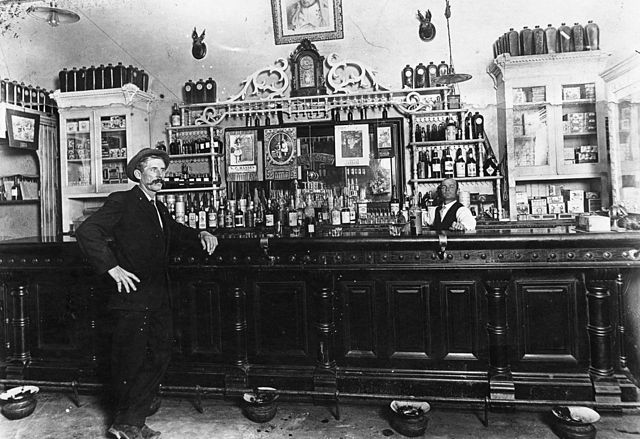
Nothing says “embracing the outdoor life” like spitting on the ground. And back then the saliva flew like bullets.
Chewing tobacco led to many a brown-colored loogie. Spittoons would ping while people did their thing. The addition of sawdust didn’t help matters. It only nurtured the likes of tuberculosis and other respiratory conditions.
Efforts were made to stem the tide. “Spitting on train platforms and stations was banned,” Ranker writes, “punishable with a $500 fine, a year in prison, or both.”
Gunfight at the B.O. Corral
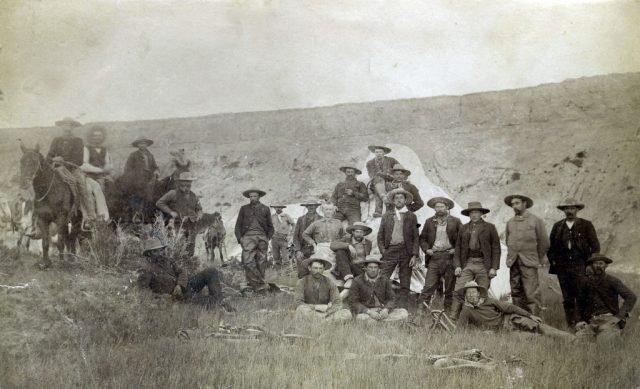
As anyone who’s seen Blazing Saddles knows, the Old West was one smelly period of history. Bean-fuelled emissions aside, the place stank worse than barbecued bull plop.
PastFactory says that folk wanted to be clean. But not too clean, with “many believing that having overly clean pores would subject them to germs and disease.”
Eww, grit
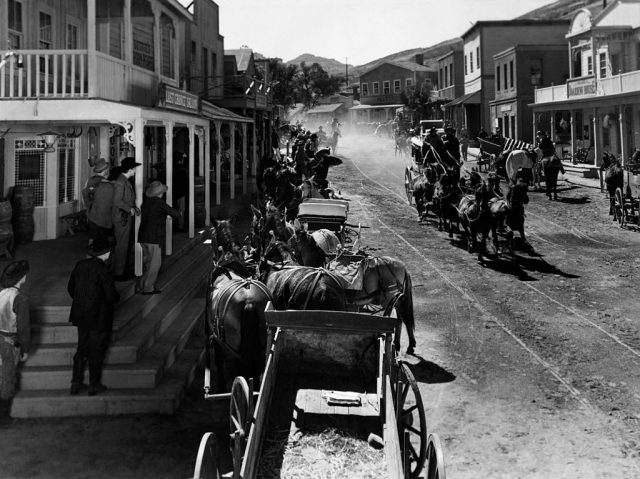
There was no shortage of dust and dirt out on the wild frontier. It got in your eyes, your hair, your clothes… everywhere.
Reporting in 2008, NBC News writes about a University of Colorado land study. Researchers noted a “sharp rise in dust deposits coinciding with the boom in railroad, ranching and livestock activity that began in the middle of the 19th century.”
Apparently, when settlers arrived to set up camp they forged a dusty destiny.
House of the rising scum
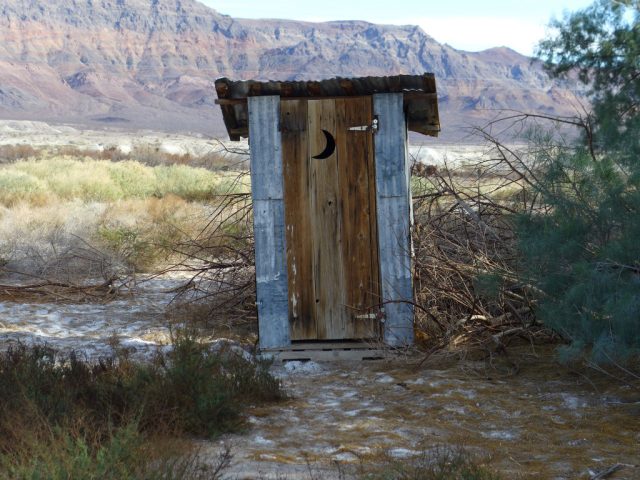
What’s worse… doing your toilet business outside with the risk of a scorpion attacking your nether regions, or sitting in an outhouse? These rickety-looking structures were on hand to take people’s… well, you know.
Speaking of on hand, they also featured ancestors to toilet paper. True West Magazine mentions the use of grass and, bizarrely, corn cobs as a hygienic solution.
Also, as written about by Ranker, open windows meant insects carried nasty germs with ease. All manner of horribleness fluttered through the air, from the outhouse to the family kitchen.
Hell or clean water
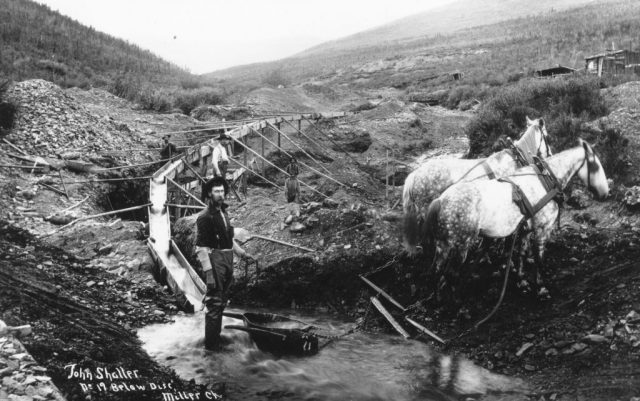
Mineral water? What’s that? You’re a long way from home expecting sanitary refreshment in the Old West.
And while the idea of a lovely fresh stream might seem okay, there was danger lurking in the depths. If someone put up an outhouse along the route, you might be accidentally slurping up the colon-happy contents.
How the West was washed
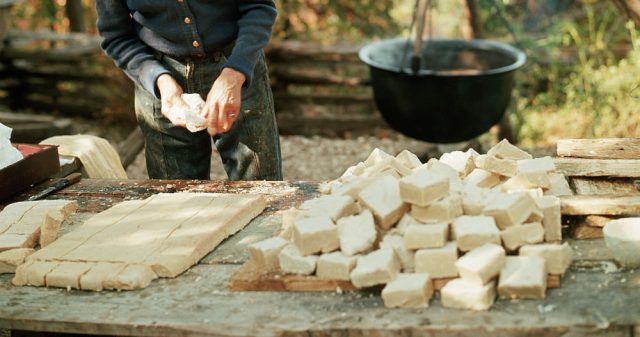
Soap was, how can we put it, a little experimental on the prairie. PastFactory highlights ingredients such as animal fat. Your skin would be clean but also irritated by the concentrated mix. Tough on dirt, tougher on your epidermis.
On the more pleasant side, they mention an account by Frank Clifford, who reportedly hung out with Billy the Kid. He didn’t have six-shooters on his mind but soap recipes. Yucca plants were used to make the beauty product “soap-weed,” according to Clifford. Mexican women swore by it when washing their hair.
The sound of gums
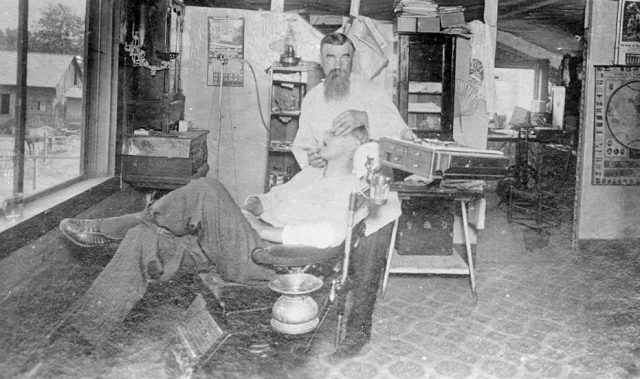
The Old West wasn’t just lawless but gnawless, thanks to dental disasters. Sure, they had tools to clean their teeth with, long as you didn’t mind sharing them with every. Other. Person. Passing. By.
True West talks about the “community tooth brush, made from the bristle hair of some animal.” Yes, community toothbrush. And yes, an unspecified creature. These were conveniently dangled at locations like stagecoach stations and eateries.
Where the buffalo foam
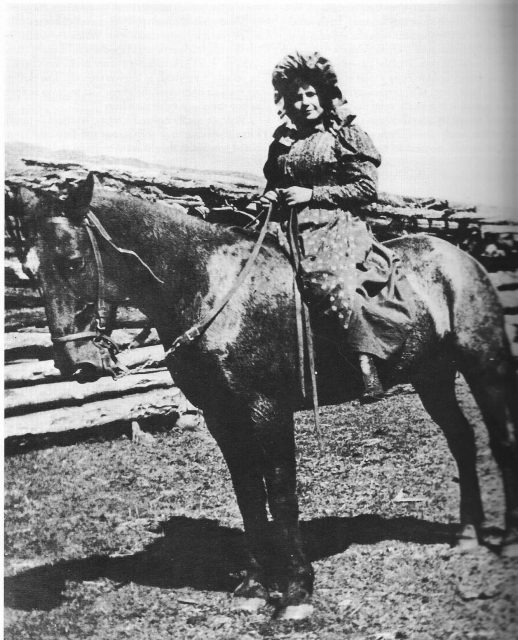
We’ve heard about yucca-based soap-weed, but what about other hair-washing products?
Shampoo might get you sloshed. Whiskey was combined with lavender and castor oil. Ranker writes that rainwater or borax were added as a finishing touch.
Women tended to fare better in the hygiene stakes. This was due to men being seen as the ones to get their hands dirty. That said, cowboys were known to spruce themselves up after a long trek on the saddle.
A fistful of towels
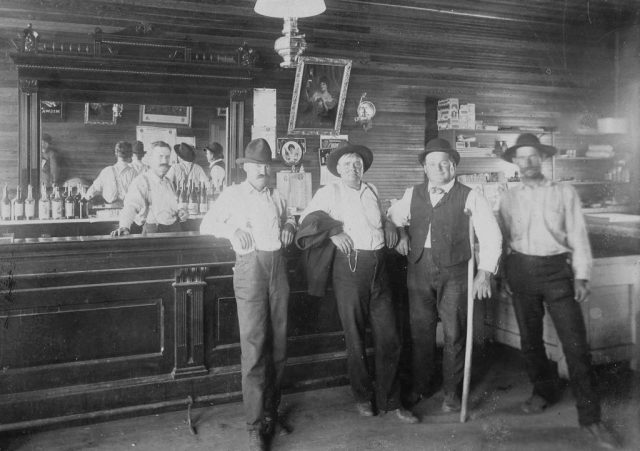
In an age before napkins, towels were on offer at bars for patrons to dab at their whiskers. No need to stick them in the wash. Just leave them there for the next sloppy drinker.
The good, the bad, and the sleepy
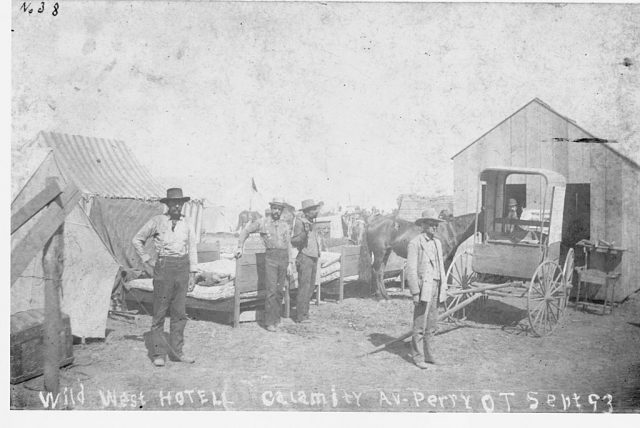
Hay and straw mattresses provided comfort for those craving a well-earned rest. Those beds featured some additional stuffing, however.
More from us: We Aren’t Horsing Around With These Wild West Facts
Teeming beneath exhausted range riders dreaming their troubles away were seam squirrels!
What are seam squirrels? Not fluffy things with tails, obviously. This was another term for lice. Poor hygiene never took a break, even at bedtime.
